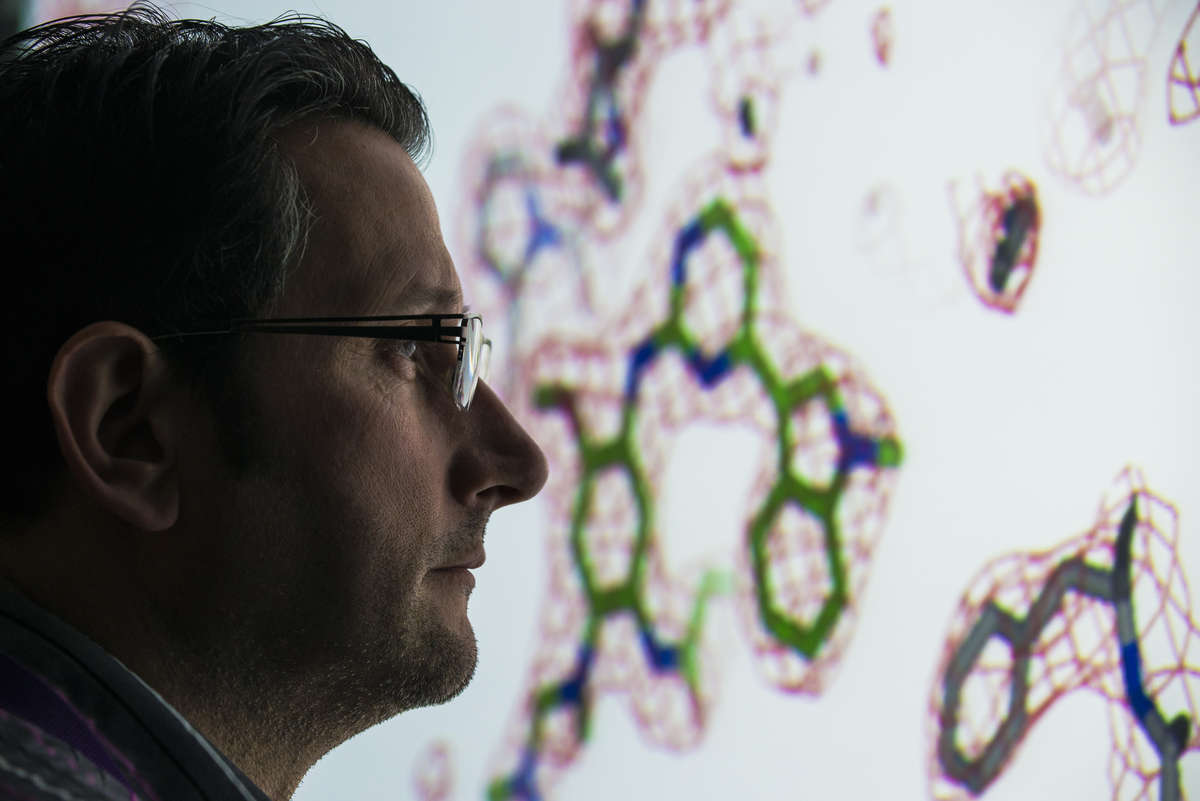AZ's Tagrisso gets full US approval in lung cancer

AstraZeneca’s Tagrisso lung cancer drug has got full approval in the US, after phase 3 data confirmed its efficacy in patients with a certain mutation.
Tagrisso (pictured) was originally approved in November 2015 on a conditional basis, using tumour response rate and duration of response data, and the UK pharma needed strong late-stage data to get full approval.
The FDA gave full approval based on results of the phase 3 AURA trial, where the drug demonstrated significant improvement in progression-free survival compared with chemotherapy.
Tagrisso’s full indication is for patients with metastatic epidermal growth factor receptor T790 mutation-positive non-small cell lung cancer, as detected by an FDA-approved test, whose disease has progressed after EGFR tyrosine kinase inhibitor therapy.
The T790M mutation is a single amino acid mutation that spontaneously occurs in patients receiving long-term tyrosine kinase therapy, rendering the treatment ineffective.
Tagrisso is the only US-approved drug for patients with this mutation.
AZ said the efficacy data suggest Tagrisso may be a new standard of care for these patients.
In the AURA3 trial, Tagrisso significantly improved progression-free survival (PFS) versus platinum-based doublet chemotherapy, providing 10.1 months of median PFS compared to 4.4 months from chemotherapy.
Tagrisso is part of a group of new cancer drugs that AZ hopes will revive its fortunes after a series of older drugs, such as its old lung cancer drug Iressa (gefitinib) go off-patent.
In a separate development, AZ said it completed an agreement to sell the US and Canadian commercial rights to its Zoladex cancer drug to TerSera Therapeutics.
AZ will receive $250 million from TerSera and future sales-related milestone payments of up to $70 million, plus royalties.
The sell-off is also part of AZ’s strategy to get through this tricky period while it waits for new drugs to be approved.
It is using proceeds from selling off old, or non-priority drugs to fund development of a next generation of medicines in a bid to meet CEO Pascal Soriot’s sales target of $45 billion by 2023.












